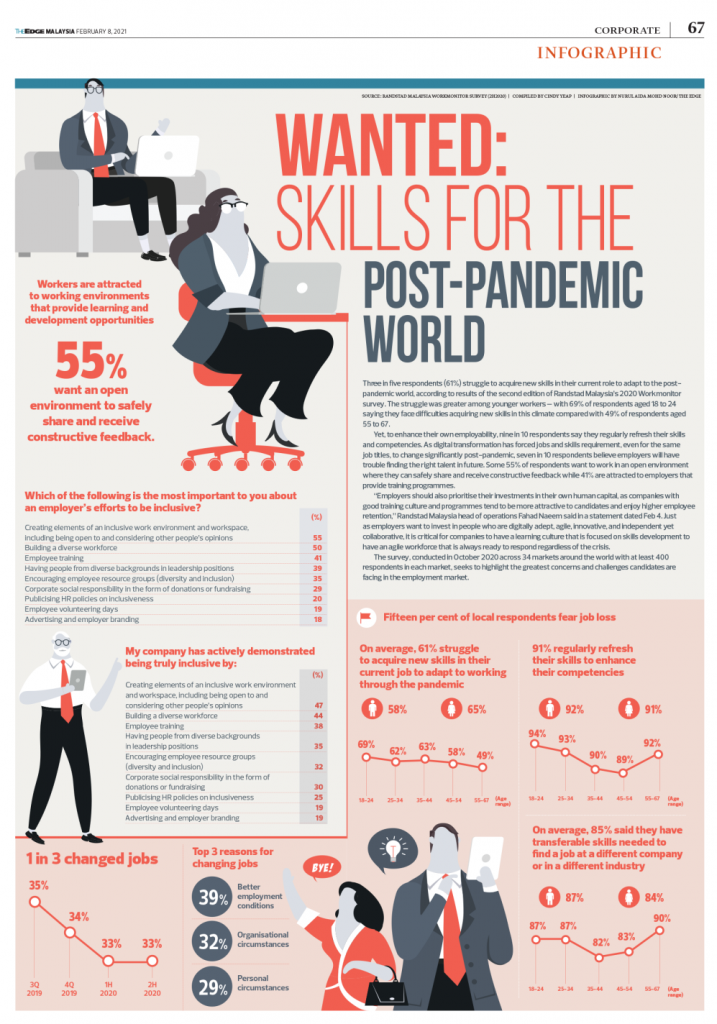KUALA LUMPUR, Feb 16 — Petroliam Nasional Bhd (Petronas) has conrmed an inaugural gas production from the Rotan and Buluh elds in Block H, off the coast of Sabah, offshore Malaysia on Feb 6, 2021, augmenting Malaysia’s petroleum investment potential.
In a statement today, Petronas said PTTEP Sabah Oil Ltd, a subsidiary of PTT Exploration and Production Public Company Ltd (PTTEP) is the operator for Block H, partnering with PT Pertamina Malaysia Eksplorasi Produksi and Petronas Carigali Sdn Bhd, its subsidiary.
PTTEP is a national petroleum exploration and production company in Thailand, while Pertamina is an Indonesian state-owned oil and natural gas company.
Petronas senior vice president of Malaysia Petroleum Management Mohamed Firouz Asnan said the gas production reects a strong collaboration between Petronas and the investors.
“Both parties bring together expertise and technologies to monetise stranded deepwater gas elds through the evacuation of gas via PFLNG DUA which is operated by PETRONAS Floating LNG Ltd.
“Upon expected commercial delivery of its rst LNG cargo by the middle of March 2021, PETRONAS will become the rst global energy company to own and operate two oating LNG facilities,” he said, adding, the strong support from the Sabah State Government also played a signicant role in realising the achievement.
Producing from a water depth of more than 1,100 metres, the project marks another signicant milestone in Malaysia’s upstream sector as it is the first deepwater gas eld with a target production capacity of 270 million standard cubic feet per day (MMSCFD).
The gas is received by PETRONAS’ second Floating Liqueed Natural Gas (FLNG), PFLNG DUA facility for the LNG export market.
Production from Block H joins the ranks of existing production from three deepwater blocks offshore Malaysia.
Four additional deepwater blocks are being offered in the upcoming Malaysia Bid Round 2021 scheduled for Feb 26, 2021.
“Petronas welcomes further investment to unlock deepwater potential in realising the vision to make Malaysia the deepwater hub in South East Asia,” added the national oil and gas corporation.
Source: Bernama
First deepwater gas production off Sabah augments Malaysia’s investment potential – Petronas
Content Type:
Duration:



